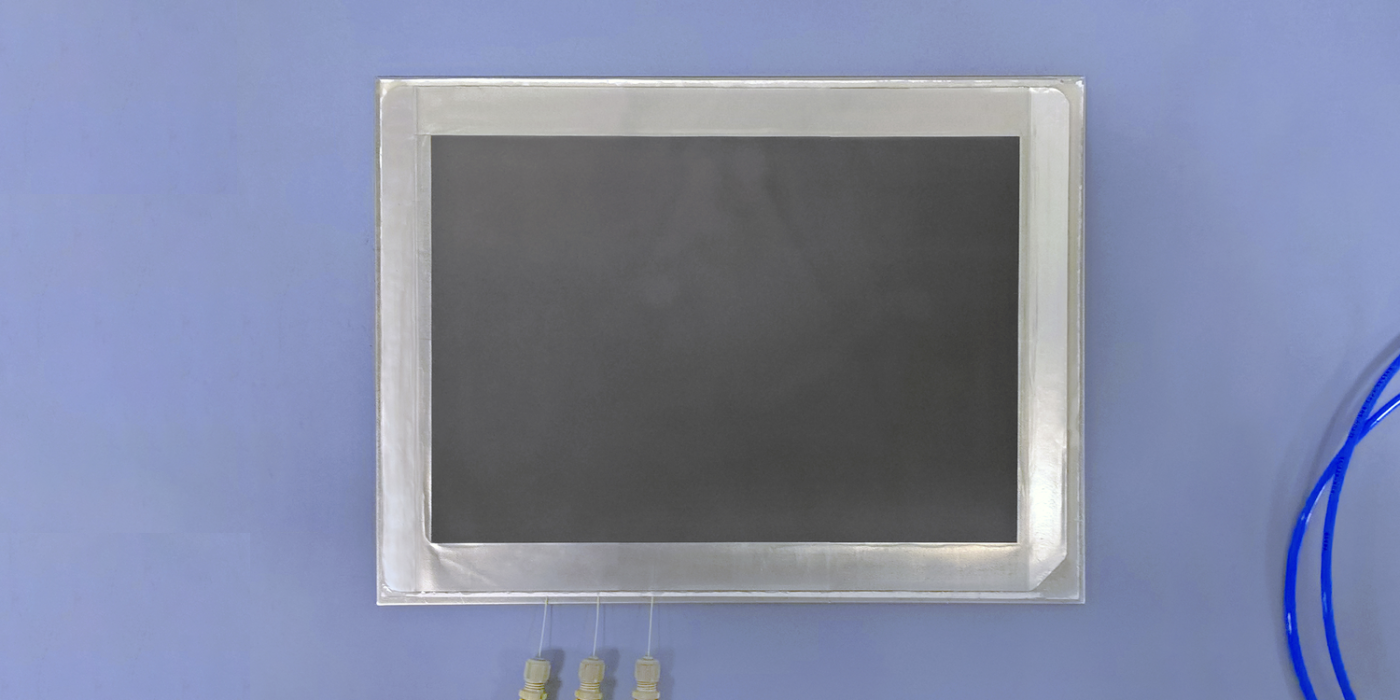Bipolar batteries for longer range electric vehicles
Within the EMBATT-goes-FAB project, ThyssenKrupp System Engineering, IAV, Daimler and Fraunhofer IKTS are developing bipolar batteries for electric vehicles based on lithium-ion technology. These batteries shall achieve ranges of up to 1,000 km.
Ultimately the EMBATT-goesFAB project aims to advance the industrialisation of so-called bipolar batteries after a first stage of the project has closed successfully.
Bipolar batteries like fuel cells, consist of stacked electrodes connected in series and these electrodes are bipolar. This means that the active materials for the battery cathode and anode are applied to a common electrode carrier.
Also the packing is different meaning single cells are not packed side-by-side in small sections but stacked on top of each other across a large area. Only the finished stack of electrodes has a fixed housing. This eliminates housing components and connecting elements, which saves costs and space in the electric vehicle. On top, this frees up space for more active material. As a result, the battery can store more energy for longer range.
The project will run over two years with the partners addressing challenges ranging from the production of improved bipolar electrodes based on lithium-nickel-manganese-cobalt oxides and graphite as storage materials (Fraunhofer IKTS), to the scaling of assembly technology (thyssenkrupp System Engineering), the battery monitoring system (IAV GmbH), and safety simulations (Daimler AG).



0 Comments